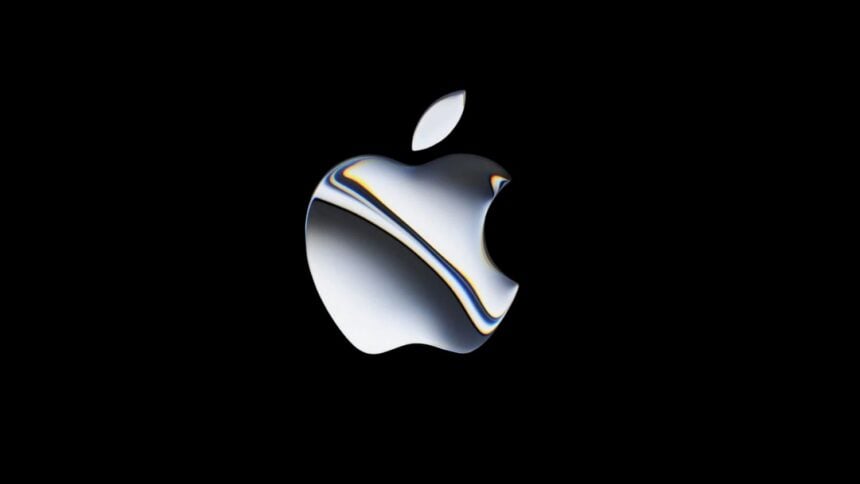Apple is preparing a major expansion of its artificial intelligence strategy with a search engine known internally as World Knowledge Answers, according to reports. The tool is expected to debut next spring as part of a long-awaited overhaul of Siri, reshaping how users interact with the iPhone and potentially altering the competitive landscape of online search.
The new system is designed to deliver quick, multimodal answers that combine text, images, video, and location-based results. The approach resembles Google’s AI Overviews and newer platforms like Perplexity, but with deeper integration into Apple’s ecosystem.
Siri would shift from a fact-checking assistant into a full answer engine, while the technology is also slated for Safari and Spotlight search.
Apple’s strategy underscores the rising importance of generative AI in consumer search. Millions of daily queries could be redirected through Apple’s channels rather than defaulting to Google, which has long been the main search engine on iOS.
For businesses and publishers, that means visibility may no longer depend solely on Google rankings. Instead, brand exposure will hinge on how Apple’s AI curates and summarizes information for end users.
Apple will reportedly rely in part on Google’s Gemini large language model to generate responses. The partnership highlights the complexity of building AI systems at scale, as even one of the world’s largest technology companies is leaning on a rival’s infrastructure.
Siri’s refresh will not be limited to search. Apple is adding planning and summarization features that aim to make the assistant more conversational and context aware. That could broaden its role beyond quick answers into productivity and daily organization.
While Apple considered developing a standalone chatbot, the company is focusing on embedding AI directly into its core apps, reflecting a preference for seamless integration over standalone services.
The move signals Apple’s intent to secure a larger foothold in the AI race at a time when Wall Street has been looking for signs of fresh growth drivers beyond hardware. The company has faced questions about slowing iPhone demand, and its services business has become a key contributor to revenue expansion.
Building AI directly into user experiences could reinforce customer loyalty and open new monetization pathways in areas like advertising and local services.
The rollout timeline has not been confirmed publicly, and Apple has not issued an official statement. Reports suggest the launch could arrive in 2026, though Apple has been known to adjust its product roadmaps.
Regardless of timing, the effort reflects a clear competitive push as Big Tech companies race to redefine search with generative AI.
The shift could make everyday use of Siri feel less like a voice command tool and more like a personalized research assistant.
The change could alter digital marketing strategies that have relied heavily on Google for visibility. With Apple preparing to route answers directly through its own ecosystem, the battleground for AI search dominance is beginning to take shape.




















